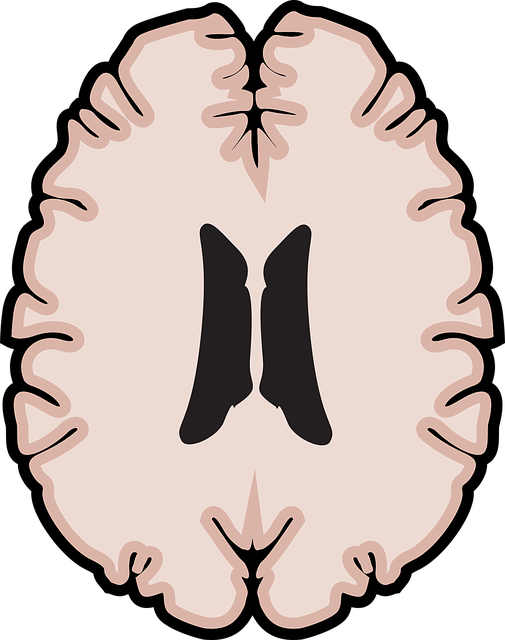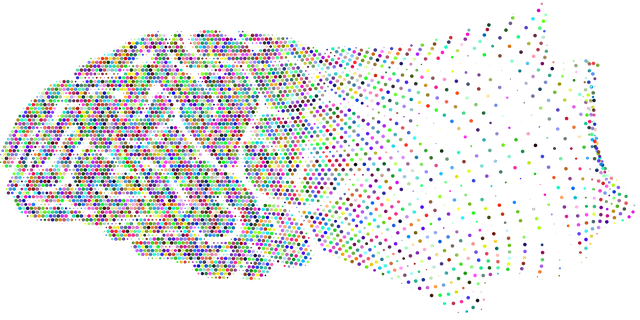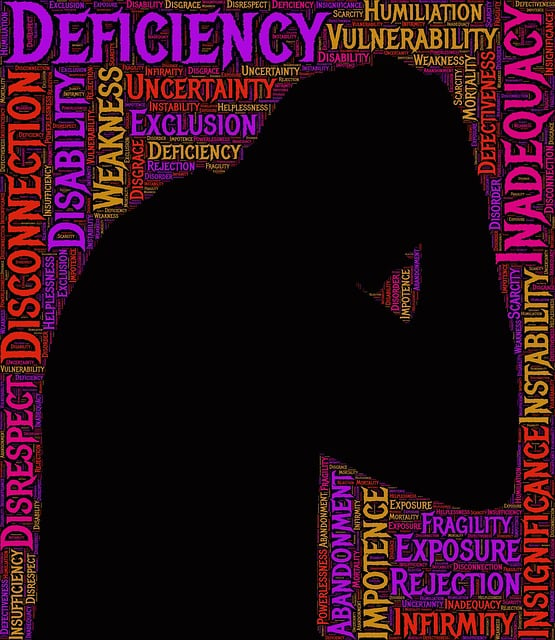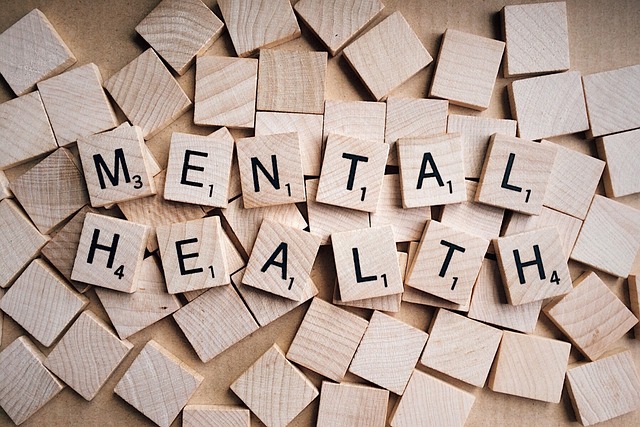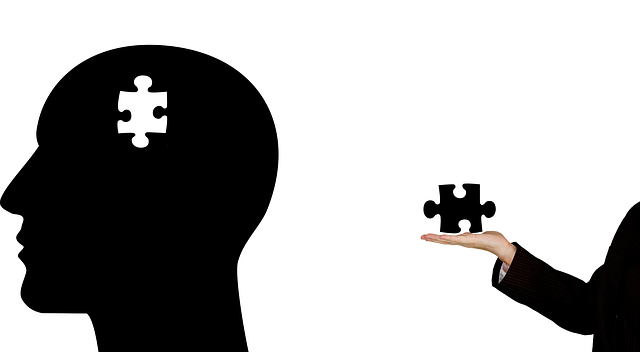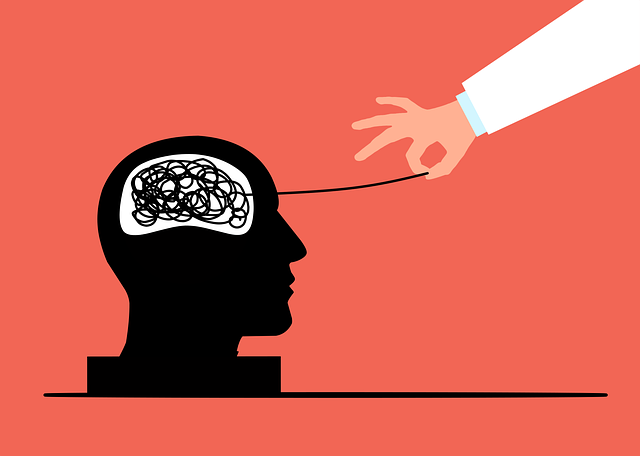Lakewood Geriatrics Therapy tackles mental health stigma through cultural sensitivity, open conversations, and self-care programs, creating a supportive environment where patients feel respected and understood. They lead community education initiatives, including public talks and media campaigns, to dispel myths and promote early intervention. Their group therapy sessions empower recovery and their Community Outreach Program has significantly reduced stigma locally. These efforts exemplify how open dialogue and supportive environments can transform lives and encourage help-seeking without judgment.
“Mental illness stigma is a pervasive barrier to recovery, often deterring individuals from seeking much-needed support. This article explores effective strategies to reduce this societal burden, focusing on the work done at Lakewood Geriatrics Therapy. We delve into the profound impact of stigma on vulnerable populations, especially the elderly, and present innovative solutions. Through education, community engagement, and strategic media representation, Lakewood Geriatrics has become a beacon of hope, offering success stories that empower others to embrace mental health openly.”
- Understanding Stigma: Its Impact on Mental Health Seekers at Lakewood Geriatrics Therapy
- Strategies for Reducing Stigma in the Community: A Focus on Education and Awareness
- The Role of Media and Cultural Representation in Challenging Mental Illness Stigma
- Success Stories and Testimonials: Empowering Recovery through Shared Experiences at Lakewood Geriatrics Therapy
Understanding Stigma: Its Impact on Mental Health Seekers at Lakewood Geriatrics Therapy

At Lakewood Geriatrics Therapy, understanding stigma is a pivotal aspect of providing effective mental healthcare services. Stigma, often stemming from societal misconceptions and fears associated with mental illness, significantly influences how individuals perceive seeking therapy. This misconception can deter people from reaching out for help, leading to prolonged struggles and exacerbating symptoms. For instance, the elderly population might face additional barriers due to ageism, further complicating their path to recovery.
Lakewood Geriatrics Therapy recognizes that breaking down stigma is crucial for fostering a supportive environment. By promoting cultural sensitivity in mental healthcare practice, they strive to ensure every patient feels respected and understood. Encouraging open conversations about mental health and implementing self-care routine development programs can help reduce the impact of stigma. These initiatives aim to normalize discussions around mental wellness, ultimately encouraging more individuals to take that first step towards healing at Lakewood Geriatrics Therapy.
Strategies for Reducing Stigma in the Community: A Focus on Education and Awareness

Reducing stigma associated with mental illness is a multifaceted approach, and communities play a pivotal role in this endeavor. One effective strategy is through education and awareness initiatives that foster understanding and empathy. Lakewood Geriatrics Therapy has been at the forefront of such efforts, implementing community outreach programs that target various demographics. These programs often take the form of public talks, workshops, and interactive sessions to educate people about mental health conditions, dispel myths, and promote early intervention. By bringing mental healthcare discussions into the open, communities can create an environment where individuals feel more comfortable seeking support without fear of judgment.
Public awareness campaigns are another powerful tool in this fight against stigma. These campaigns, developed with careful consideration for cultural sensitivity in mental healthcare practice, can reach a wide audience through various media. They highlight personal stories, break down stereotypes, and emphasize the importance of recognizing mental health issues as legitimate health concerns. Such initiatives have been shown to reduce negative attitudes towards those living with mental illness, ultimately encouraging support and inclusion within the community.
The Role of Media and Cultural Representation in Challenging Mental Illness Stigma

The media plays a significant role in shaping societal perceptions about mental illness, and its representation can either reinforce or challenge stigma. Positive cultural portrayal of individuals with mental health conditions is crucial in fostering understanding and empathy among the general public. By showcasing diverse narratives, featuring people from different backgrounds, and highlighting their strengths and resilience, media can dispel myths and stereotypes associated with mental illness. For instance, documentaries and films that explore the experiences of those in Lakewood Geriatrics Therapy settings can humanize complex conditions, encouraging viewers to view these individuals as more than just their diagnosis.
Incorporating practices like mindfulness meditation and communication strategies within media content can also contribute to stigma reduction. Depicting characters practicing self-care techniques or engaging in open dialogues about mental health struggles can normalize these conversations, making it easier for audiences to recognize and support friends, family, or even themselves if they face similar challenges. This approach aligns with the broader goal of burnout prevention, ensuring that media content not only educates but also empowers viewers to take proactive steps towards mental well-being.
Success Stories and Testimonials: Empowering Recovery through Shared Experiences at Lakewood Geriatrics Therapy

At Lakewood Geriatrics Therapy, success stories and testimonials highlight the power of shared experiences in empowering recovery. Many patients have found solace and strength through group therapy sessions, where they connect with others facing similar mental health challenges. This sense of community not only fosters understanding but also encourages the adoption of self-care practices that are essential for holistic healing. The positive impact is evident in countless personal journeys, as individuals regain a sense of control and work towards their recovery goals.
Lakewood Geriatrics Therapy’s Community Outreach Program Implementation has been instrumental in reducing stigma around mental health issues. By engaging with the local community, they’ve increased Mental Health Awareness, breaking down barriers and promoting empathy. These initiatives showcase how supportive environments and open dialogue can transform lives, inspiring hope and encouraging others to seek help without fear of judgment.
Stigma surrounding mental illness remains a significant barrier to treatment, but efforts to reduce it are making progress. At Lakewood Geriatrics Therapy, we’ve witnessed the power of education, awareness campaigns, and authentic storytelling in challenging stereotypes. By fostering open conversations and sharing success stories, as illustrated by our patients’ testimonials, we can create a more inclusive community that supports mental health seekers. Continuing these stigma reduction efforts is crucial to ensuring everyone has access to the care they deserve.

